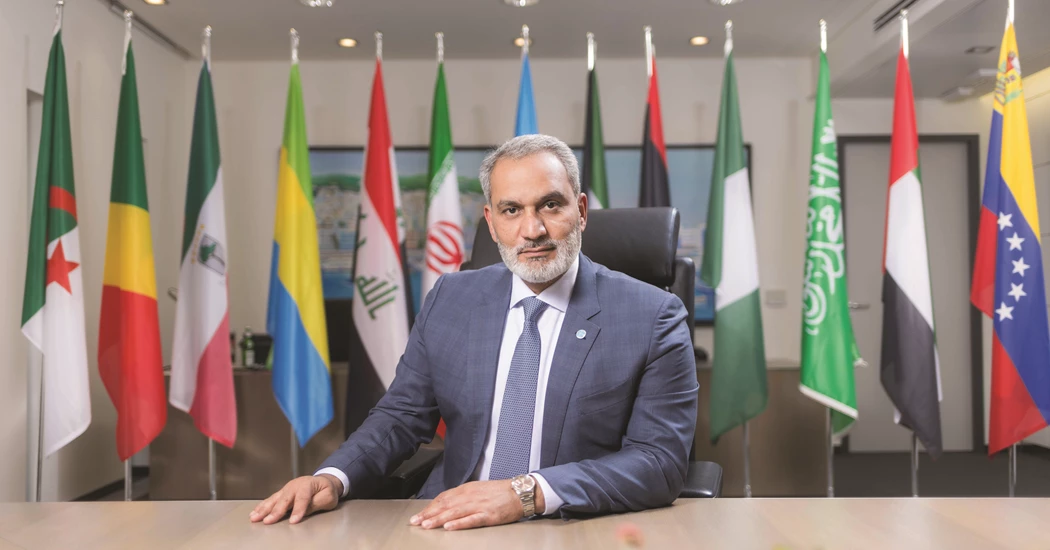Every Nation Charts Its Course
The upcoming COP29 in Baku, Azerbaijan, follows a successful COP28 led by the UAE, another OPEC member. Azerbaijan, a key player in oil market stability and emissions reduction, exemplifies the need for a balanced approach. Balancing reducing emissions with providing affordable energy is crucial, especially with rising global energy demand.
A Shared Commitment to Climate Action
Following Azerbaijan, Brazil, another OPEC partner, will host COP30. This collaboration reflects OPEC’s dedication to tackling climate change. The “Outcome of the first global stocktake” from COP28 emphasizes respecting “different national circumstances” and a “just, orderly, and equitable” transition. Each country has its unique path to a sustainable energy future.
Focus on Energy Poverty
While climate action (SDG 13) receives significant attention, access to clean energy (SDG 7) remains neglected. Developing nations, lacking resources for hydrocarbon projects due to strict environmental regulations, also receive less than 5% of renewable energy investments despite having the most energy-deprived populations.
A Call for Fairness and Investment
Developed nations, historically responsible for a much larger share of CO2 emissions, must fulfill their Paris Agreement commitments on financing and technology transfer. Investing solely in renewables is unrealistic; hydrocarbons will remain a significant energy source for decades. OPEC’s 2023 World Oil Outlook predicts oil will retain the largest share (30%) of the energy mix in 2045.
Balancing Security and Sustainability
Failing to invest sufficiently in all energy sources jeopardizes global energy security. The oil sector alone needs $14 trillion by 2045 to maintain its role. OPEC supports Azerbaijan’s President in advocating for continued investment in hydrocarbon production, recognizing each country’s unique energy pathway.
Collaboration is Key
The oil industry, renewables, and emissions reduction are not rivals. Oil provides crucial revenue for many nations and powers the construction of renewable infrastructure. The industry is actively reducing emissions through operational improvements, methane leak reduction, and carbon capture technologies.
The Way Forward
COP29 should prioritize just and stable energy transitions that ensure both energy security and emission reduction. Developed nations must fulfill their climate financing obligations, and all parties should recognize the potential for collaboration between traditional and renewable energy sources.



